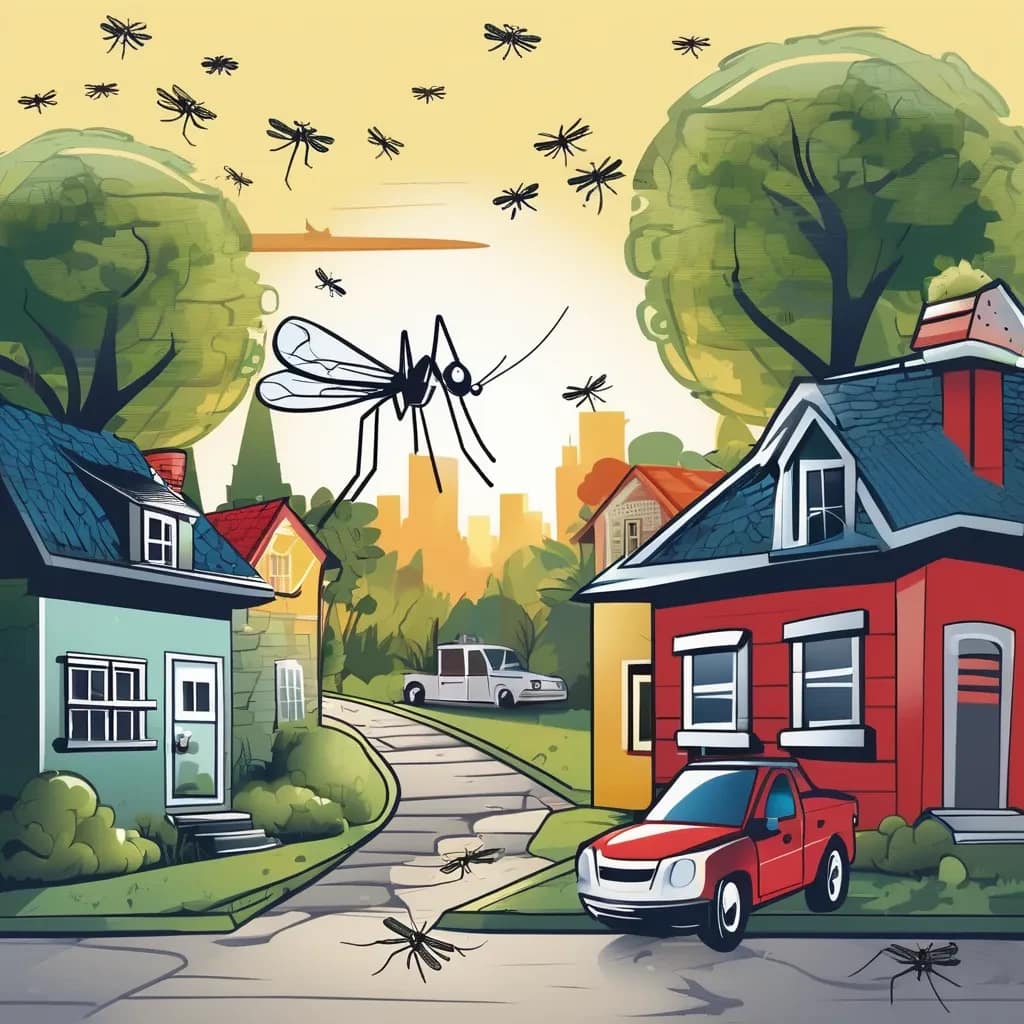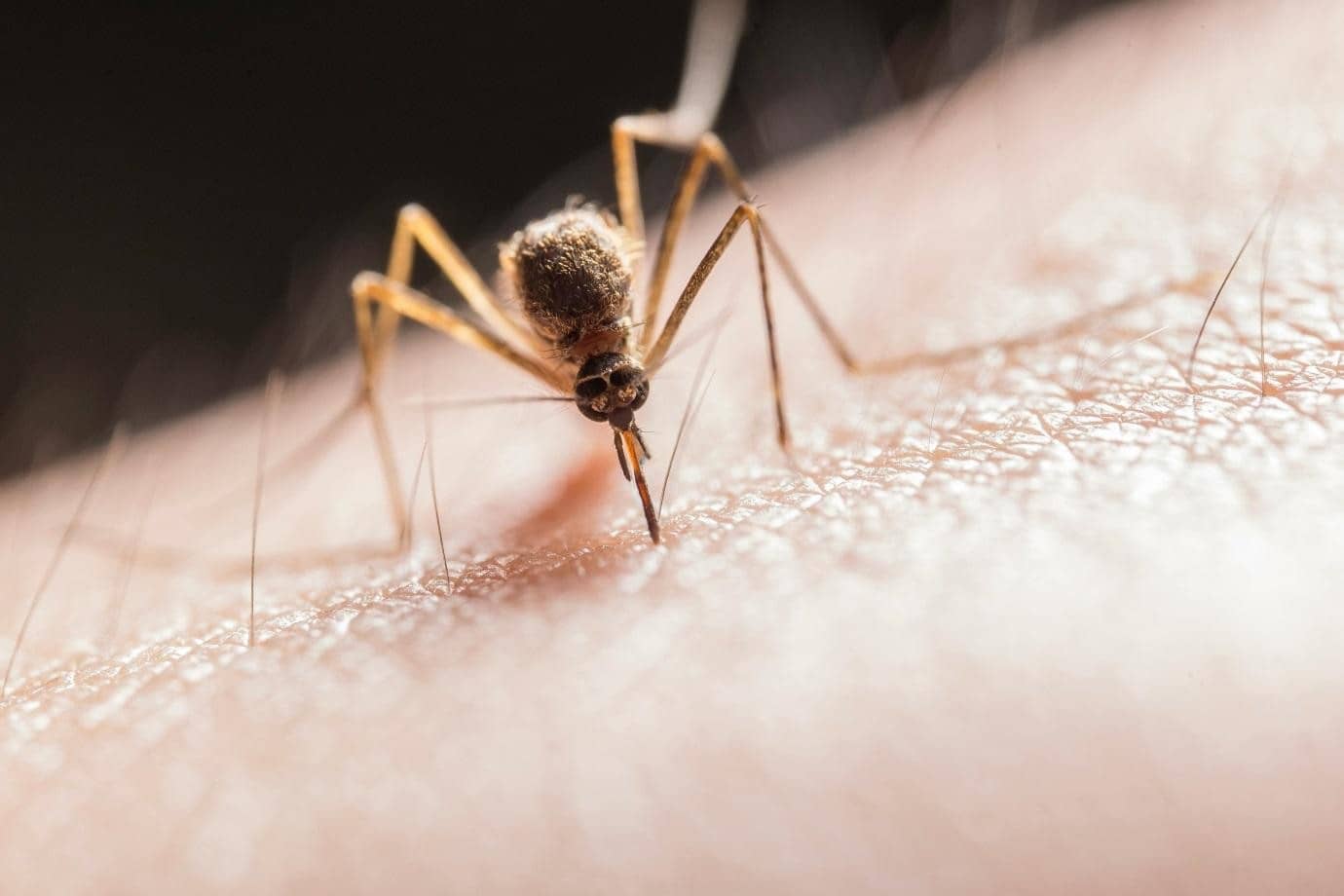Mosquito control is essential in both urban and rural areas to prevent the spread of diseases such as malaria, dengue, Zika virus, and West Nile virus. The strategies employed can vary significantly depending on the environment, infrastructure, and population density. In this blog, we will explore the different approaches to mosquito control in urban versus rural areas, focusing on the unique challenges and methods used in each setting.
Mosquito Control in Urban Areas
Mosquitoes breed easily in the urban areas because of the high population density, fixed structures and artificial breeding sites. Essential species of mosquitoes are Aedes aegypti and Aedes albopictus, and these play hosts to diseases such as dengue and Zika.
Source Reduction
The source reduction is among the most common methods of controlling mosquitoes in urban areas. It entails the following techniques which are survey and eradication of breeding sites including; containers that hold water, blocked gutters, waste tires, and other objects that hold water.
The members of urban society can also be very active by periodically inspecting and draining water sources in and around their homes. Education of the general public and integration of the community in the general framework is vital in the practices.
Chemical Control
Eradication strategies utilizing chemicals are more common when applied to different districts of cities. Larvicides affect the mosquito larvae directly in the breeding sites it hatches before it transforms into an adult, whereas adulticides affect the adult mosquitoes.
Applications may be done either by fogging or by spraying, with personal portable aerosolizing equipment or by equipment mounted in a truck. Nevertheless, the utilization of Chemicals has to be controlled to prevent societal and public health complications.
Biological Control
In some urbanized regions biological control procedures are used, for example, releasing fish or some sort of bacteria that feed on mosquito Larvae. Furthermore, there is the application of genetically modified mosquitoes that are created to decrease the count of mosquitoes through restriction of breeding.
Mosquito Control in Rural Areas
Non-particularly populated and having a more pristine environment, the rural zones present specific kinds of obstacles for mosquito extermination. Some of the factors resulting in cases of many parasites are the availability of open water bodies, farming lands and other less controlled areas that provide a suitable breeding place for mosquitoes.
Environmental Management
In the rural areas, there is management of the environment as one of the strategies. These measures include control of water usage for irrigation purposes, avoiding formation and accumulation of water logging and transformation of the ecosystem in order to minimize the production of ground mosquito habitats.
Biological Control
Biological control is also used in farms and other rural areas with less stress on the use of the Washington screwworm biological agents, more stress being placed on natural enemies and environmental manipulation. Fish species that feed on mosquito larvae may be put in the breeding grounds, certain bacteria that are lethal to mosquito larvae may be applied.
Mosquito control is a vital public health effort that requires tailored strategies to address the unique challenges of urban and rural environments. In urban areas, source reduction, chemical control, and innovative technologies play crucial roles, while rural areas benefit from environmental management, biological control, and community education.
Understanding and implementing appropriate mosquito control measures can help reduce the incidence of mosquito-borne diseases and protect public health.




